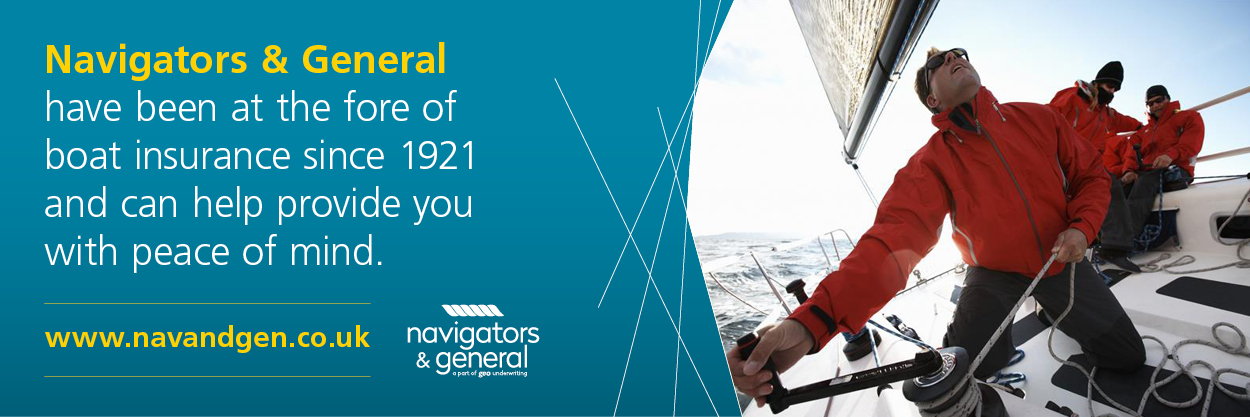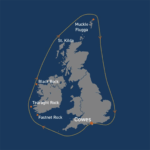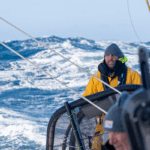North Atlantic Fishing Company has unveiled new research revealing that over three-quarters (76%) of the British public have never considered a career in fishing and hold a number of important misconceptions about the industry.
The study of over 2,000 UK adults, conducted in March 2025, supports NAFCO’s mission to challenge outdated perceptions about commercial fishing, highlighting the industry’s crucial role in underpinning global food security and sustainability. The findings also seek to promote the diverse, high-tech career opportunities available to people of all ages in the modern fishing sector.
While most respondents have never considered working in the industry, there is a growing interest among younger generations. Over a quarter (27%) of 25–34-year-olds and a quarter (25%) of 16-24 year olds have contemplated fishing careers, indicating potential for future workforce growth.
However, this interest from younger demographics contrasts sharply with the overall decline in new entrants to the industry. The dwindling workforce underscores the urgent need for increased engagement and recruitment efforts to build a robust, future-ready fishing sector.
Phil Haslam, Managing Director at NAFCO, said: “These findings highlight the growing need to improve the visibility of our industry into mainstream channels and address widespread misconceptions. As global populations grow, the fishing sector plays a crucial role in supporting food security. Pelagic fishing, in particular, has one of the lowest carbon footprints of all animal protein sources. With current world events spotlighting climate and food security, sustainably sourced pelagic fish offer a low carbon footprint and cost-effective nutrition rich food for people around the world to enjoy.”
The study revealed key barriers to considering fishing careers, including age perceptions (25%), lack of interest (24%), and concerns about danger (12%). Interestingly, 18% of respondents reported not hearing any information about the fishing industry, highlighting a significant public knowledge gap.
The research aims to challenge these perceptions by engaging UK audiences, highlighting the industry’s importance, and showcasing the diverse, high-tech career opportunities available in modern fishing – such as marine engineers, marine biologists, underwater robotics developers and marine drone operators, to name just a few.
Technology is transforming the fishing industry. Today, 30% of operations use virtual reality (VR) simulations for training, drone usage has increased by 50% over the past three years, and the adoption of AI-driven data analytics has risen by 25% since 2020.
As the commercial fishing sector evolves, there is a growing need to raise awareness and enhance public understanding of the diverse and modern career opportunities it offers. By working collaboratively with schools, colleges, and community organisations, the fishing industry can help inform and inspire the next generation – highlighting a broad range of skilled and innovative alternative career pathways that support both people and the planet.

















